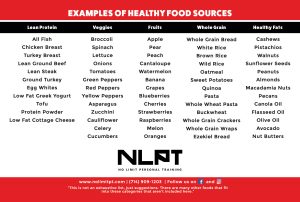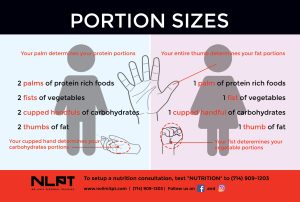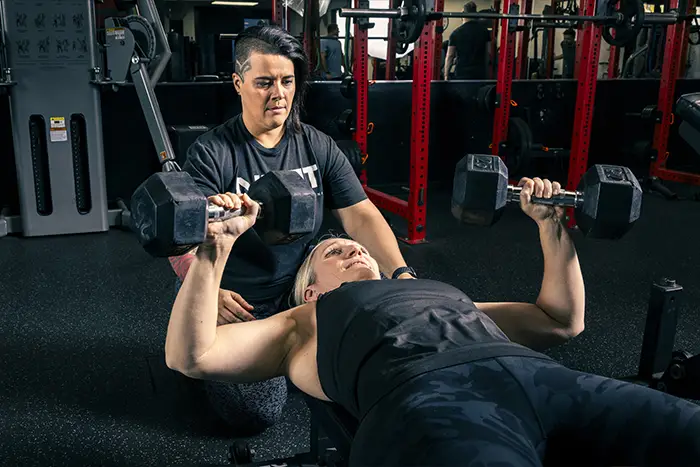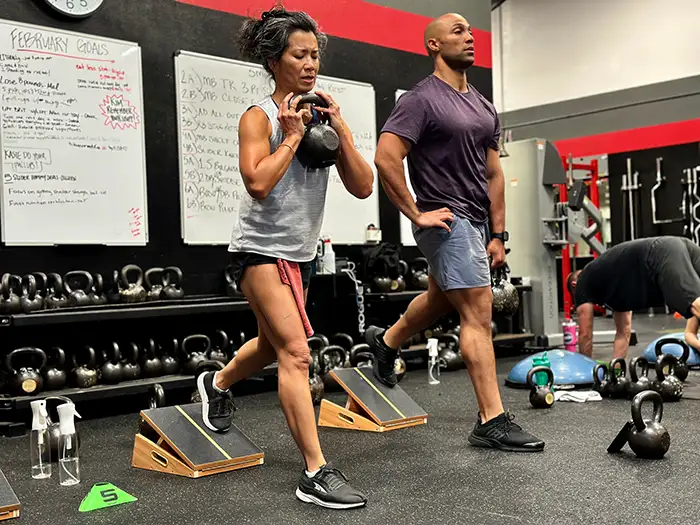Let’s cut right to it: yes, you can lose weight without exercise. But before you celebrate and throw your gym shoes into early retirement, there’s a bit more to the story. While it’s technically possible, it’s not always ideal. And if you’re serious about losing weight and keeping it off (which is the real game here), you’ll want to understand exactly how this works.
I pulled information from some of the top health and fitness professionals who are also credible 🙂 not just Instagram famous. I made none of this up.
The Simple Truth: Weight Loss = Calorie Deficit Fat loss always comes down to one thing: calories in vs. calories out. You burn a certain number of calories each day (your Total Daily Energy Expenditure or TDEE). If you eat fewer calories than you burn, you lose weight. If you eat more, you gain weight. Simple, but not always easy.
Exercise is just one way to increase how many calories you burn. But it’s not the only way. You could technically sit on the couch binge-watching Netflix, eat less food, and still lose weight because you’re in a calorie deficit. (I don’t recommend it)
Why Diet Does Most of the Heavy Lifting: Studies consistently show that nutrition drives the majority of weight loss. Exercise is fantastic, but it typically contributes less to total weight loss than diet does.
- 1 hour of walking might burn ~300 calories.
- 1 large slice of pizza can be 300 calories.
See the problem? It’s much easier (and faster) to reduce your intake by 300 calories than to burn 300 through exercise. That’s why people say, “You can’t out-train a bad diet.”  So… Do You Even Need to Exercise? Technically? No. But here’s where anyone with an ounce of integrity would give you the full picture.
So… Do You Even Need to Exercise? Technically? No. But here’s where anyone with an ounce of integrity would give you the full picture.
1. Muscle Preservation When you lose weight, your body doesn’t just burn fat, it can burn muscle too, especially if you’re not strength training. Muscle makes you look leaner, tighter, and healthier. Losing weight without exercise can leave you with the dreaded “skinny fat” look.
2. Metabolic Health- Exercise improves insulin sensitivity, blood pressure, and heart health. Even light activity like walking helps.
3. Appetite Control- Some people find that regular exercise helps them regulate hunger better.
4. Mental Health and Mood- Exercise has proven benefits for reducing anxiety, depression, and improving sleep quality.
5. Long-Term Weight Maintenance- People who maintain weight loss long-term almost always include some form of physical activity.

Bottom Line: Diet Alone Works. But Exercise Makes It Better. If weight loss is your ONLY goal, you can get there through diet alone. If you want fat loss, better health, a better physique, and long-term success? Exercise helps tremendously.
Action Plan: How to Lose Weight Without Exercise If you’re unable to exercise right now (injury, schedule, life happens), here’s how to create a fat-loss plan:
1. Calculate Your Maintenance Calories Use an online TDEE calculator. Get a rough estimate of how many calories you need to maintain your weight.
2. Create a Deficit
- Subtract 15-25% from your maintenance.
- Example: If your maintenance is 2,200 calories, aim for 1,700-1,900 per day.

3. Prioritize Protein
- Aim for 0.7-1g of protein per pound of bodyweight.
- Protein helps preserve muscle, keeps you full, and supports fat loss.
- Think chicken, turkey, eggs, Greek yogurt, fish, tofu, protein shakes.

4. Focus on Whole Foods
- Lean proteins
- Fruits & vegetables
- Whole grains
- Healthy fats (olive oil, avocado, nuts)
- Limit highly processed foods
5. Stay Hydrated
- Often we mistake thirst for hunger.
- Water helps with fullness and digestion.
6. Track Your Intake
- Use apps like MyFitnessPal or Cronometer. I personally prefer Carbon
- Be honest and consistent.
7. Monitor Progress
- Weigh yourself 2-3 times a week and take weekly averages.
- Adjust your calories if weight loss stalls for 2-3 weeks.
8. Manage Sleep & Stress
- Lack of sleep and high stress increase hunger hormones.
- Aim for 7-9 hours of sleep.
What If You Can Add Exercise? Even walking 20-30 minutes a day makes a huge difference. If you can lift weights 2-4 times per week? Even better. That’s the sweet spot for hypertrophy and fat loss. Remember: you don’t need to become a bodybuilder overnight. Consistency beats perfection.
Common Myths (Debunked)
Myth 1: “If I don’t exercise, my metabolism will slow down.”
Truth: Your metabolism is primarily based on your body size, not your exercise level. Losing muscle can reduce metabolism slightly, but diet drives most changes.
Myth 2: “Starvation mode will stop fat loss.”
Truth: Severe calorie restriction can reduce metabolic rate somewhat, but weight loss continues as long as you’re in a deficit.
Myth 3: “I can spot-reduce fat.”
Truth: Your body chooses where it burns fat from. No amount of crunches will target belly fat specifically.
Final Word Yes, you can lose weight without exercise. But you’ll likely lose a mix of fat and muscle, and your overall health won’t improve as much as it could. Think of exercise as a partner to your nutrition plan. They work better together. The best diet is the one you can stick to and The best training program is the one you can recover from, enjoy, and sustain.
Quick Summary
- Calorie deficit drives weight loss.
- Diet does most of the work.
- Exercise isn’t required, but strongly recommended.
- Prioritize protein and whole foods.
- Manage sleep, stress, and consistency.
If you’re ready to build a sustainable plan that fits your life (with exercise), we can help. Click here for a complimentary session and take the first step.


